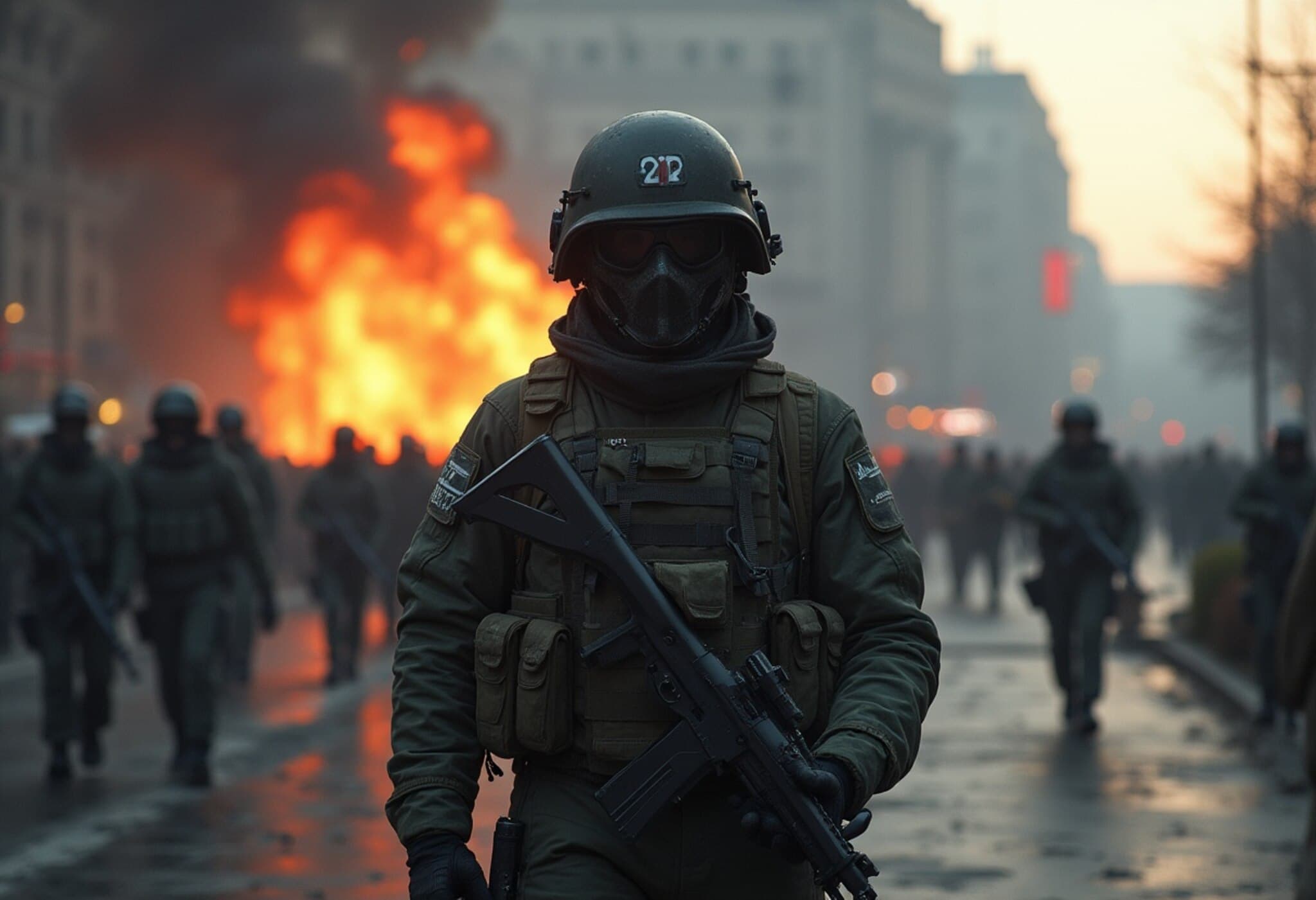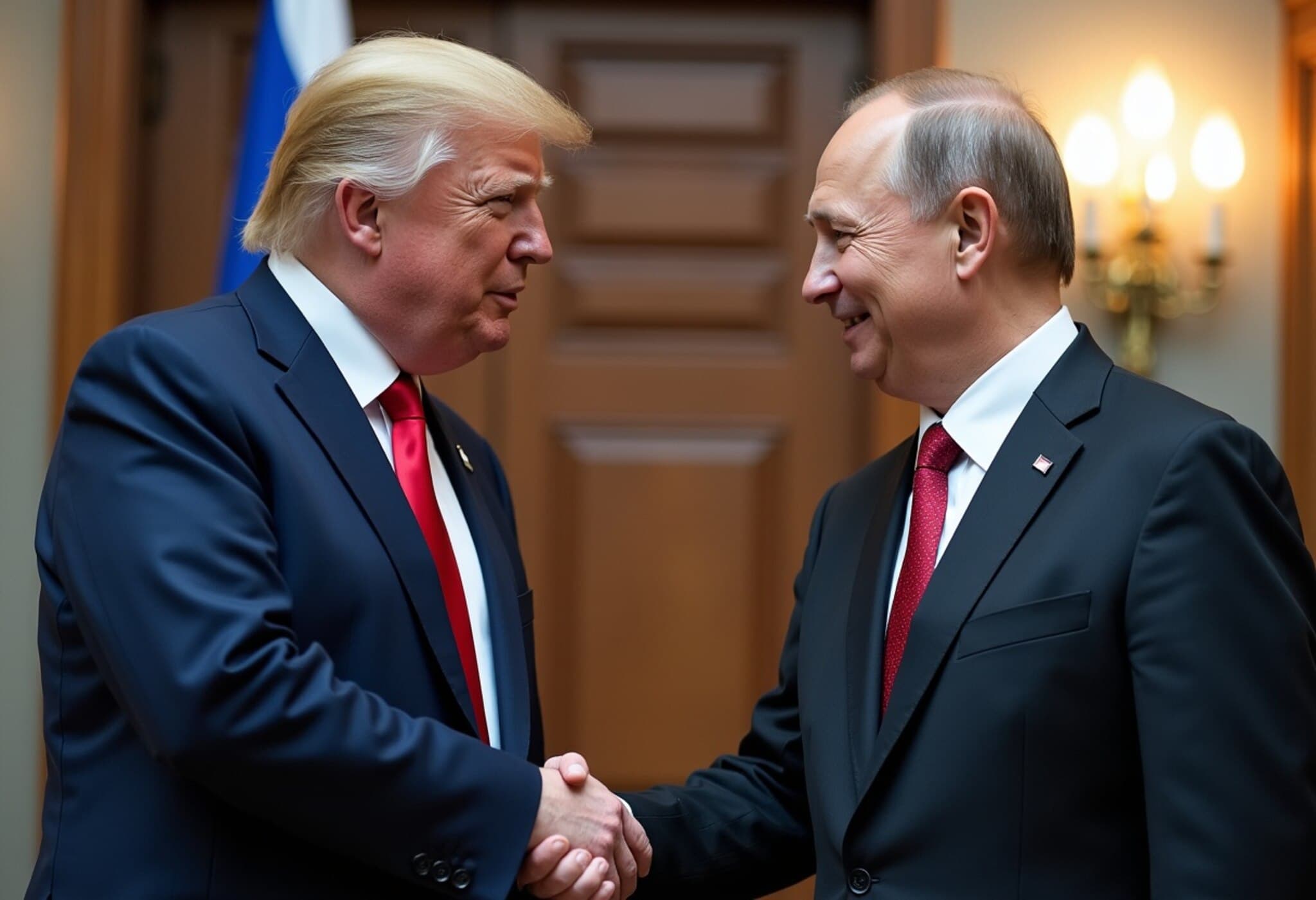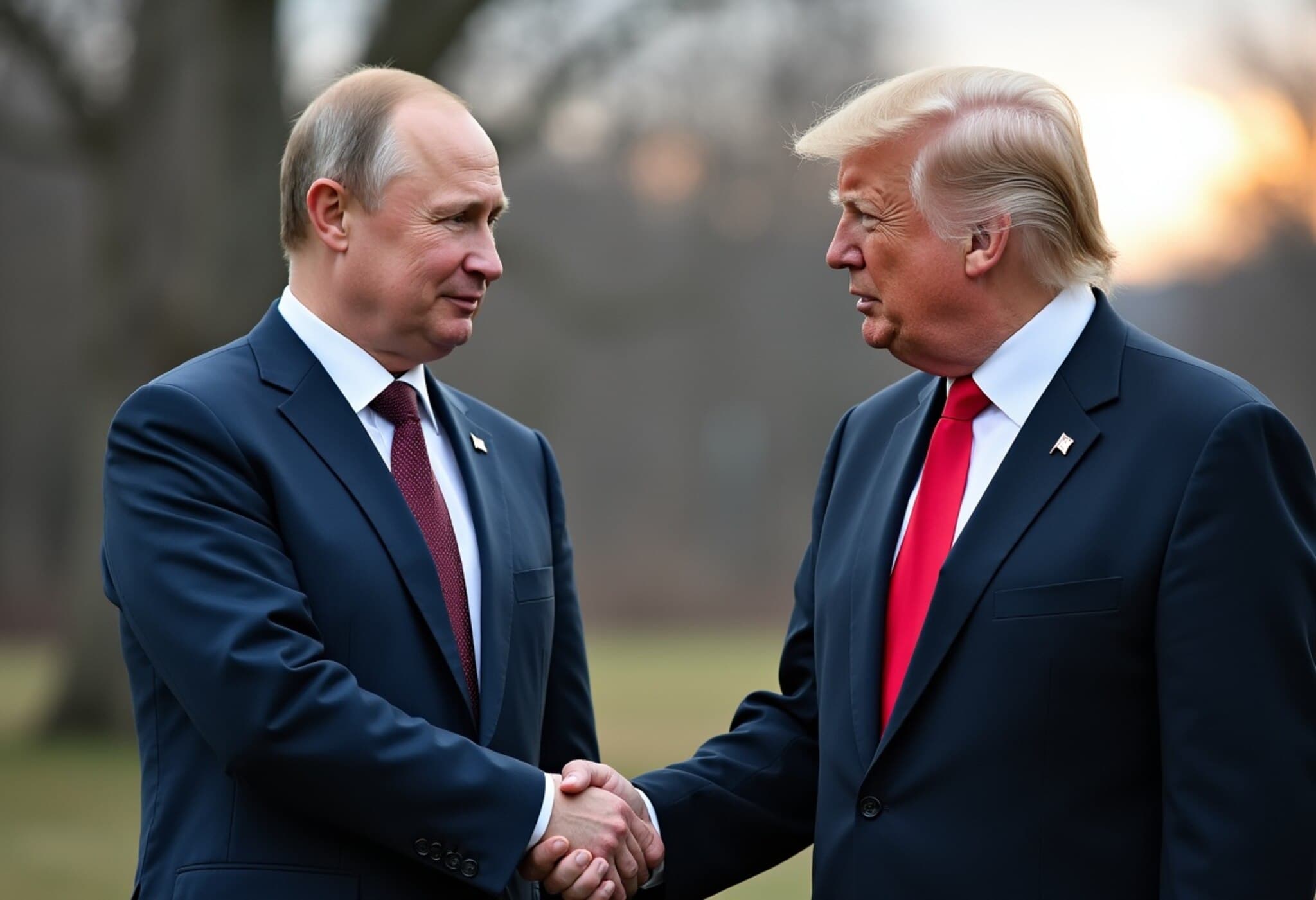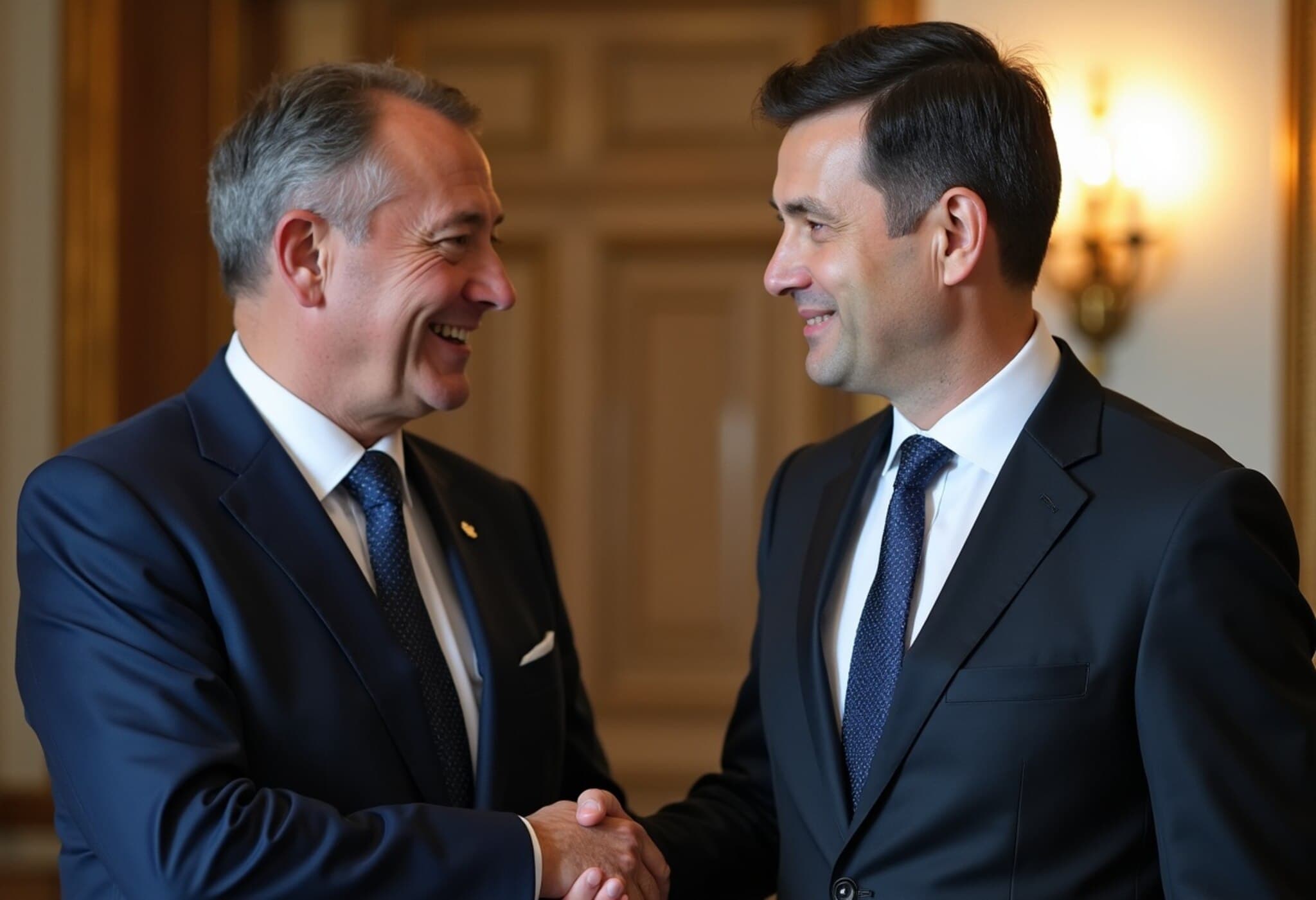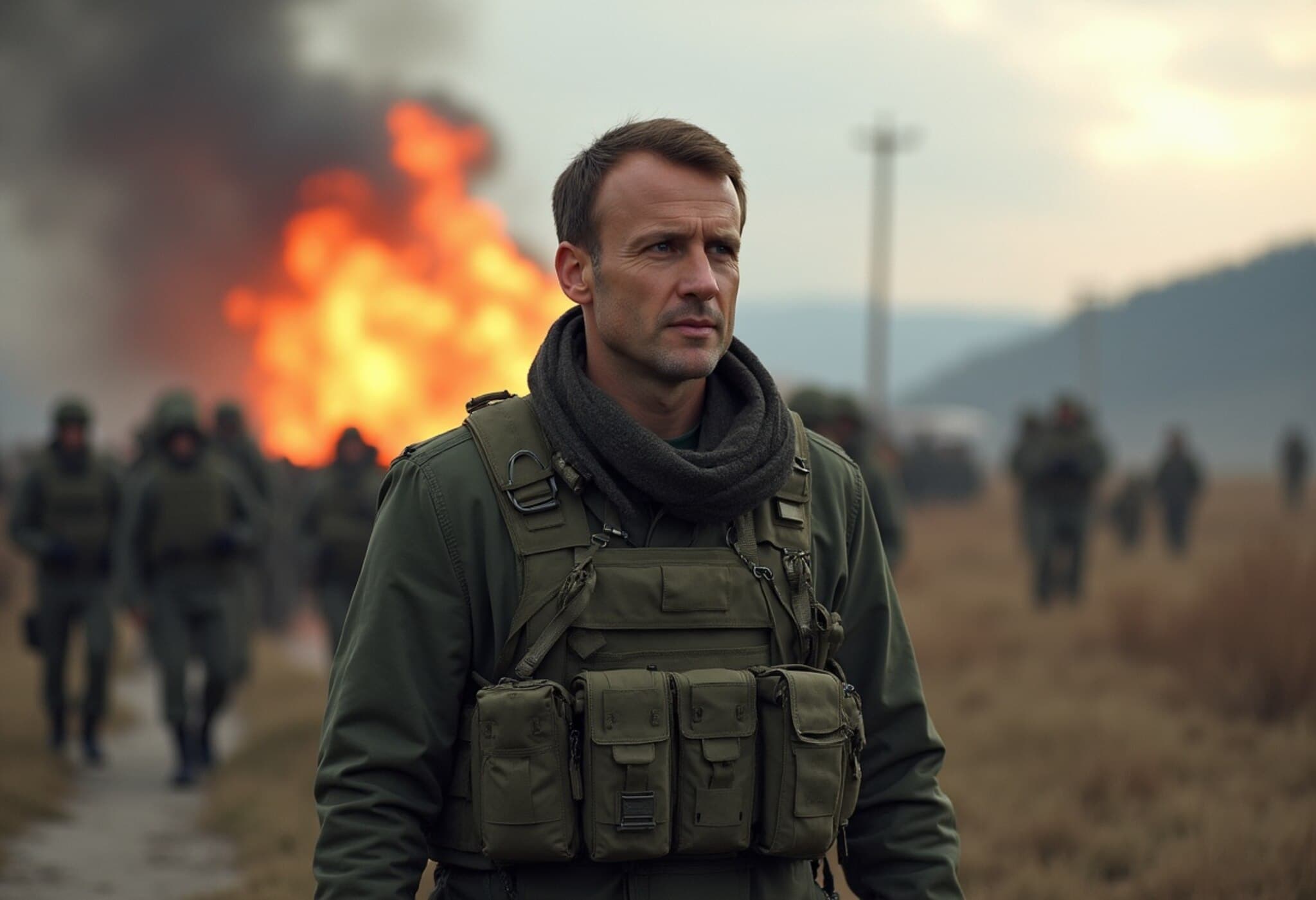Ukrainian Intelligence Kills Suspected Russian FSB Assassins in Kyiv
In a significant counterintelligence operation executed on Sunday, Ukrainian Security Service (SBU) agents reportedly eliminated members of a Russian Federal Security Service (FSB) cell linked to the assassination of a senior Ukrainian officer in Kyiv. The SBU identified the killed operatives as suspects in the fatal shooting of Colonel Ivan Voronych of Ukraine's SBU last week.
Details of the Operation
The Ukrainian intelligence agency, through its official Telegram channel, stated that:
“This morning a special operation was conducted, during which the members of the Russian FSB’s agent cell started to resist, and therefore they were liquidated.”
While the exact number of FSB agents killed remains undisclosed, the SBU confirmed that two suspects, a man and a woman, were involved in Colonel Voronych’s assassination, and they had attempted to evade capture following the attack.
Context: The Shadow War of Espionage and Assassinations
The recent incident underscores the increasingly covert and dangerous intelligence warfare unfolding amid Russia’s ongoing invasion of Ukraine, now in its third year. Ukraine’s SBU has expanded beyond traditional security and counterintelligence roles to engage in sophisticated special operations targeting Moscow's intelligence apparatus.
These operations have included the targeted eliminations and sabotage missions designed to disrupt Russian military and espionage networks within Ukraine. The killing of senior Russian military figures and operatives continues to embarrass Moscow and reveals vulnerabilities within the Federal Security Service’s extensive intelligence web.
Operational Insights
- The SBU revealed that the alleged assassins had been directed by their Russian handler to surveil Colonel Voronych and track his movements.
- They were later provided the coordinates of a secure cache containing a pistol fitted with a suppressor.
- Following the assassination on Thursday, the suspects attempted to "lay low" but were swiftly tracked down by Ukrainian intelligence and police forces.
Russian Reaction and Wider Implications
So far, Russian authorities have not issued any public statements regarding the operation. This silence may indicate Moscow's discomfort with the continuous setbacks faced by its clandestine operatives within Ukraine. Historically, such failures cast doubt on the effectiveness of Russia's intelligence coordination amid an increasingly hostile and hostile environment on Ukrainian soil.
From a strategic perspective, this clash of intelligence services represents a microcosm of the broader hybrid warfare tactics fueling the conflict, where traditional military engagements are compounded by espionage, sabotage, and psychological operations.
Expert Commentary
Security analyst Dr. Elena Morozova notes, “The Ukrainian SBU’s effective counterintelligence strikes not only hinder Russian operations but also send a strong message about Ukraine’s capability to defend itself in the information and intelligence domains. It raises important questions about the durability and morale of Russia’s FSB agents operating covertly in hostile territories.”
Looking Ahead: What This Means for the Conflict
As the war drags on, the intelligence war will likely intensify, with both sides investing heavily in espionage and counter-espionage. For the United States and allied nations watching closely, the increased sophistication of Ukraine’s intelligence operations may influence ongoing support and strategic decisions.
Key Questions Raised
- How will Moscow adjust its intelligence tactics in response to operational failures?
- What are the long-term implications for covert operations in Ukraine’s urban centers?
- Can Ukraine sustain this level of special operations amidst broader military challenges?
Editor’s Note
This development highlights the often unseen but crucial battlefield of intelligence within the Russia-Ukraine conflict. Beyond conventional warfare, the clash of secret service operatives reveals the layers of complexity shaping modern conflicts. Readers should consider how the evolving intelligence tussles impact not just Ukraine’s survival, but also global geopolitical stability and international security policies.





